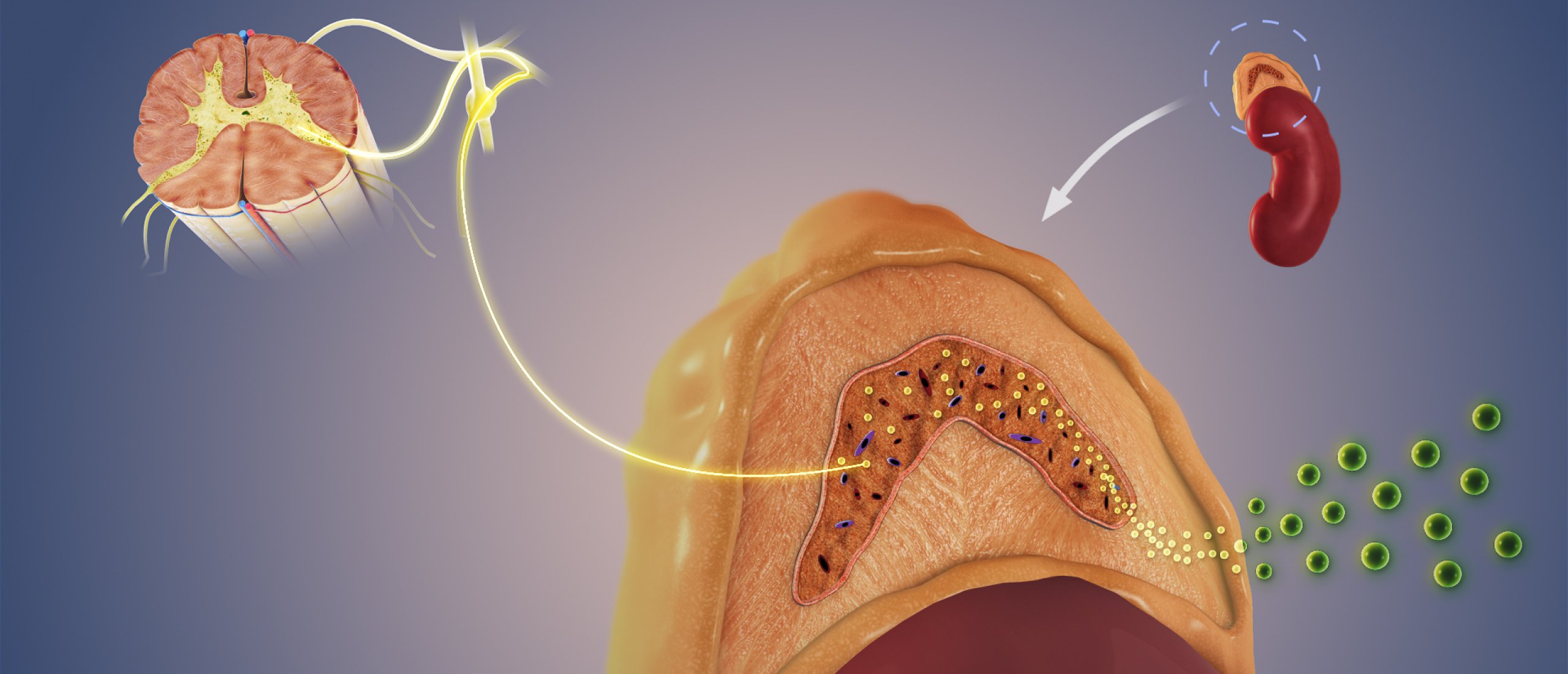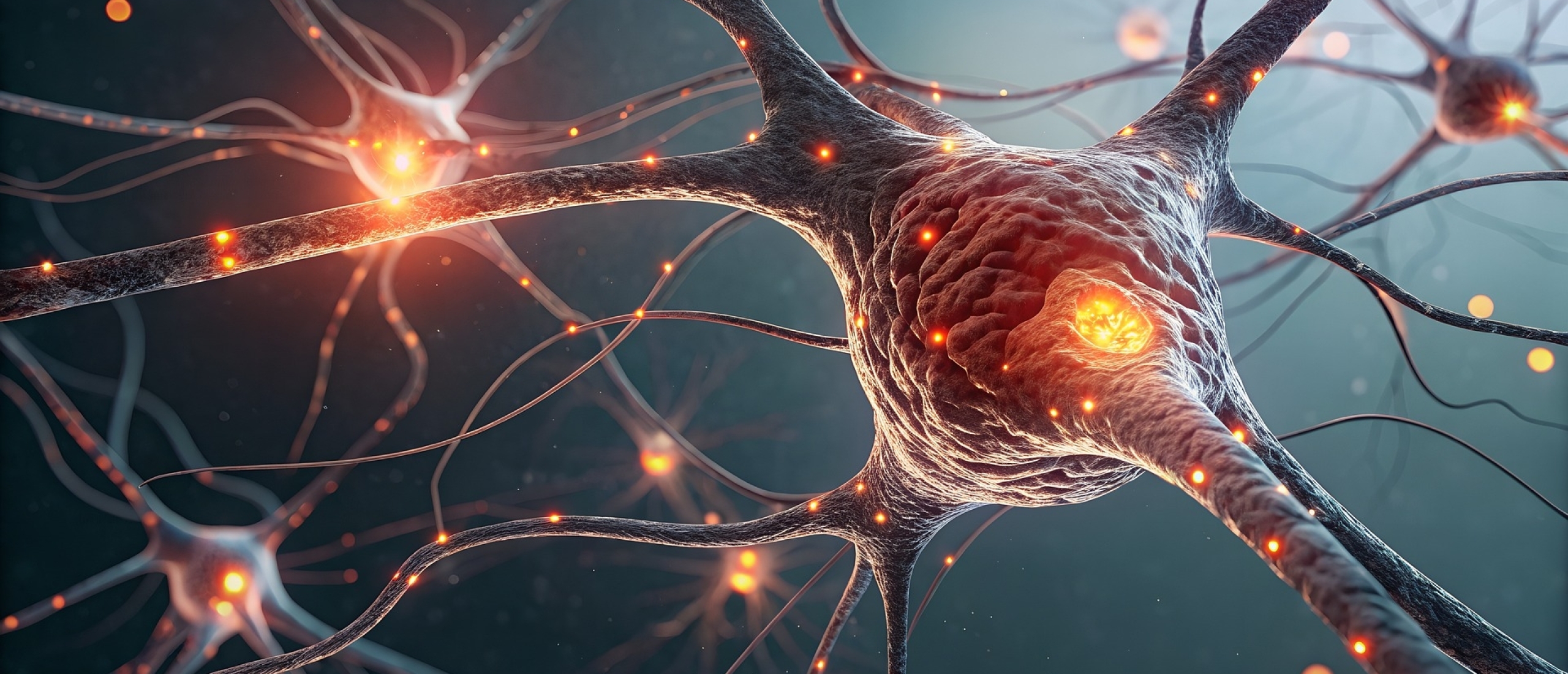
Why Cortisol Needs to Be Switched Off
When a stressful situation ends, your body must shut down the stress response to avoid long-term damage. A key part of this process is cortisol regulation — lowering cortisol levels back to baseline. Without it, stress lingers in the body, leading to chronic fatigue, anxiety, and illness.
Fortunately, your body is built to shut off stress. And you can even help speed up the process.
Cortisol and the HPA Axis
Cortisol is the end product of the hypothalamus-pituitary-adrenal (HPA) axis, a major hormonal system that governs your stress response. Here’s how it works:
- The hypothalamus in your brain releases CRF (corticotropin-releasing factor)
- CRF stimulates the pituitary gland to release ACTH (adrenocorticotropic hormone)
- ACTH travels to the adrenal glands, prompting the release of cortisol into the blood
This hormone helps mobilize energy to deal with the stressor. But if cortisol levels stay high, they can cause serious health issues. That’s why shutting off this system is so important.
Fast Negative Feedback: How Cortisol Stops Itself
Cortisol has a built-in safety system: negative feedback. As cortisol levels rise, they start signaling the brain to slow down further production. This happens in two key phases:
1. Fast Feedback in the Hypothalamus
- Cortisol binds to its receptors in the hypothalamus
- These receptors trigger the release of endocannabinoids
- Endocannabinoids shut down the CRF neurons that launched the stress response in the first place
This mechanism kicks in within minutes to prevent an overshoot of cortisol and keep levels under control.
2. Slow Feedback via the Prefrontal Cortex and Hippocampus
Cortisol also acts in the:
- Prefrontal cortex – the brain's decision-making and emotional center
- Hippocampus – important for memory and emotional learning
These regions send inhibitory signals back to the hypothalamus, further reducing CRF release and slowing cortisol production.
Together, fast and slow feedback create a powerful shut-off mechanism to regulate cortisol and end the stress response.
What Happens When Cortisol Regulation Fails?
In cases of chronic stress, this feedback loop breaks down:
- Cortisol receptors in the hippocampus and prefrontal cortex become less sensitive or decrease in number
- The brain becomes less responsive to signals that should stop cortisol release
The result: the HPA axis stays switched on, and cortisol remains elevated.
Long-Term Effects of Poor Cortisol Regulation:
- Weakened immune function
- Weight gain and metabolic disorders
- Anxiety, depression, and burnout
- Insomnia and fatigue
Early Life Stress and Cortisol Feedback
Animal studies show that early-life stress can permanently reduce the number of cortisol receptors in key brain regions, weakening feedback control into adulthood.
Conversely, growing up in a supportive, low-stress environment strengthens negative feedback, making it easier to shut down stress responses later in life.
Cortisol Imbalance and Mental Health Disorders
Disorders like depression and PTSD are often linked to disrupted cortisol regulation:
- People with depression tend to have high cortisol and poor feedback control
- People with PTSD often have low cortisol and overly strong feedback, which may impair their ability to respond to new stressors
How to Support Healthy Cortisol Regulation
Can you improve cortisol regulation? Yes — and physical exercise is one of the most powerful tools:
- Exercise enhances hippocampal and prefrontal cortex activity
- It increases the number of cortisol receptors in the brain
- It resets the HPA axis, making future responses shorter and more controlled
Studies show that regular physical activity not only reduces cortisol levels — it improves the body’s ability to shut off stress.
Additional benefits of exercise:
- Improves sleep quality
- Increases endocannabinoid production
- Strengthens adrenal sensitivity to ACTH.
Cortisol Feedback Protects Your Health
Cortisol is essential for dealing with stress — but only when its effects are temporary. The body has evolved intelligent systems to shut off the stress response once the threat has passed. Fast and slow feedback mechanisms involving the hypothalamus, hippocampus, and prefrontal cortex all work together to bring cortisol down.
Understanding these systems helps you see why stress becomes harmful only when it doesn’t stop.
And best of all, you can help your brain regulate cortisol better by moving your body.
At Stressinsight, we help you apply the science of stress to improve your health and energy. To learn more, explore our in-depth content and take the first step toward building your stress resilience.











